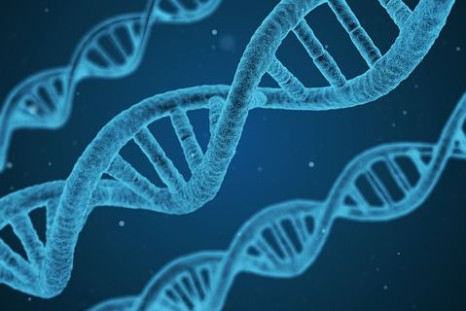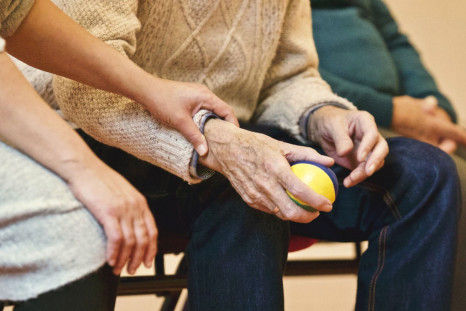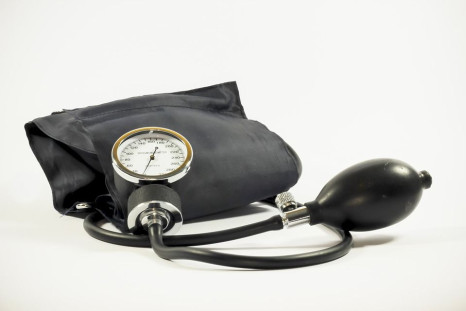Alzheimers

Making Smart Lifestyle Changes Now Could Alter AD's Risk Later
Developing dementia is not inevitable: how you live your life in your 20s and 30s could impact your cognitive health in those golden years. 
Natural Selection May Cause Alzheimer’s Disease Genetic Mutation To Die Out
Research suggests that natural selection may eventually weed out the genetic mutations related to Alzheimer's disease and other genetic conditions. 
Dementia Facts Vs. Myths: The Reality About Mental Decline In Old Age
Four myths and facts about dementia that will help you understand the issues people with the neurological disorder and their families and caregivers face on a daily basis. 
Dance Classes Can Improve Brain Health In Old Age Via Increasing Hippocampus
Dance class can help reverse some signs of aging in the brain by enlarging the hippocampus and improving balance. 
We're Closer To An Alzheimer's Blood Test For Early Diagnosis
New research suggests that we are getting closer to creating a blood test for Alzheimer's disease. 
Trouble Falling Asleep Linked To Dementia Risk; Here's How To Sleep Better
The amount of REM sleep you get may predict your risk of developing dementia. 
Lithium In Tap Water May Help Prevent Alzheimer’s Disease
New research suggests that high amounts of lithium in drinking water may reduce risk of developing dementia. 
Alzheimer’s Disease Memory Loss Reversed In Mice By Blocking Certain Enzyme Function
Researchers at MIT have reversed memory loss in mice with Alzheimer's disease, and hope to do the same in humans. 
Changes In Systolic Blood Pressure Linked To Greater Dementia Risk
Changes in systolic blood pressure measured at home may indicate a greater dementia risk, according to new research. 
Heavy Drinking May Protect From Alzheimer's If You’re Middle-Class, White, And Educated
New research suggests that for some individuals, moderate to heavy alcohol consumption may protect brain health in advanced age.



























